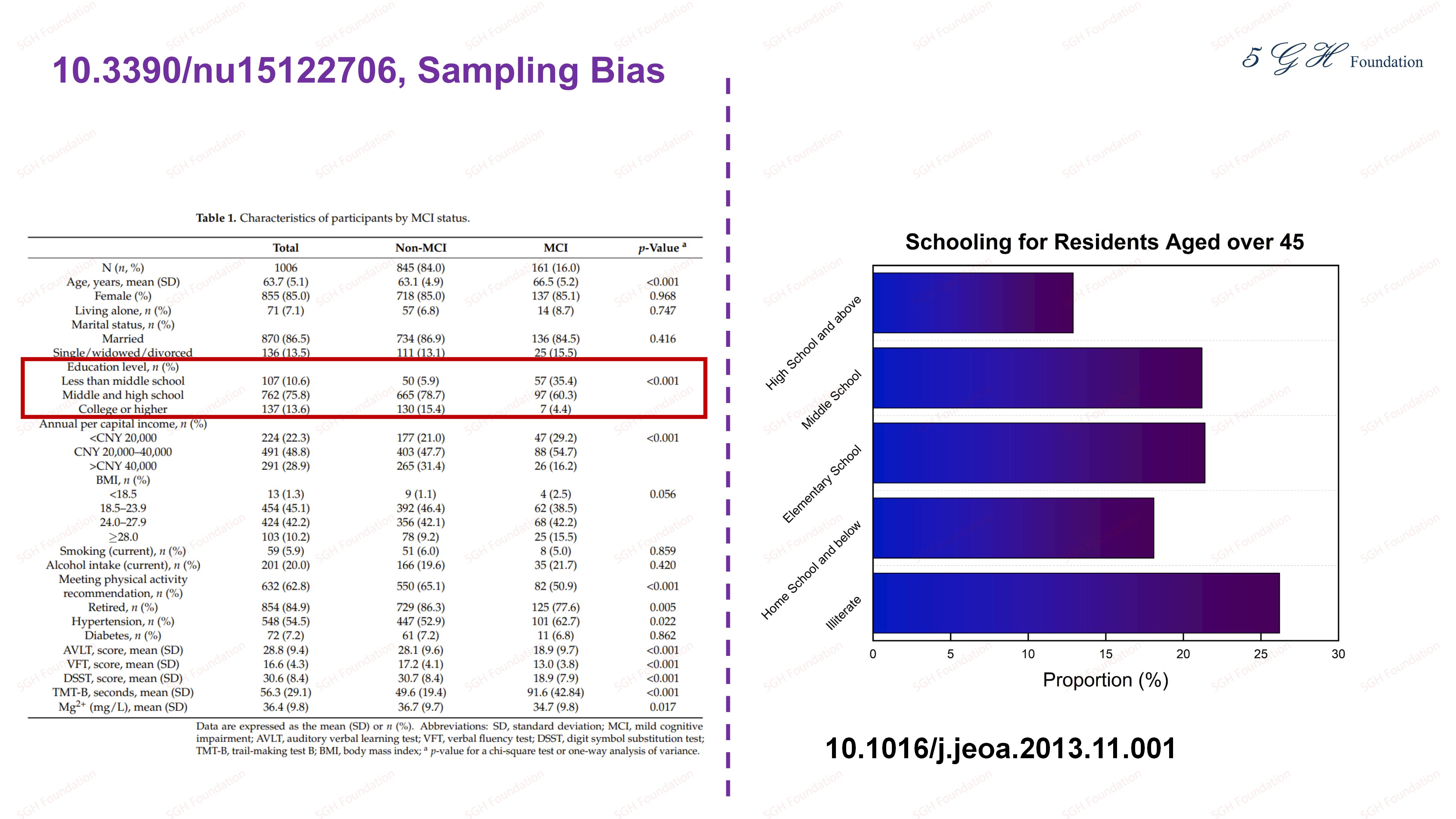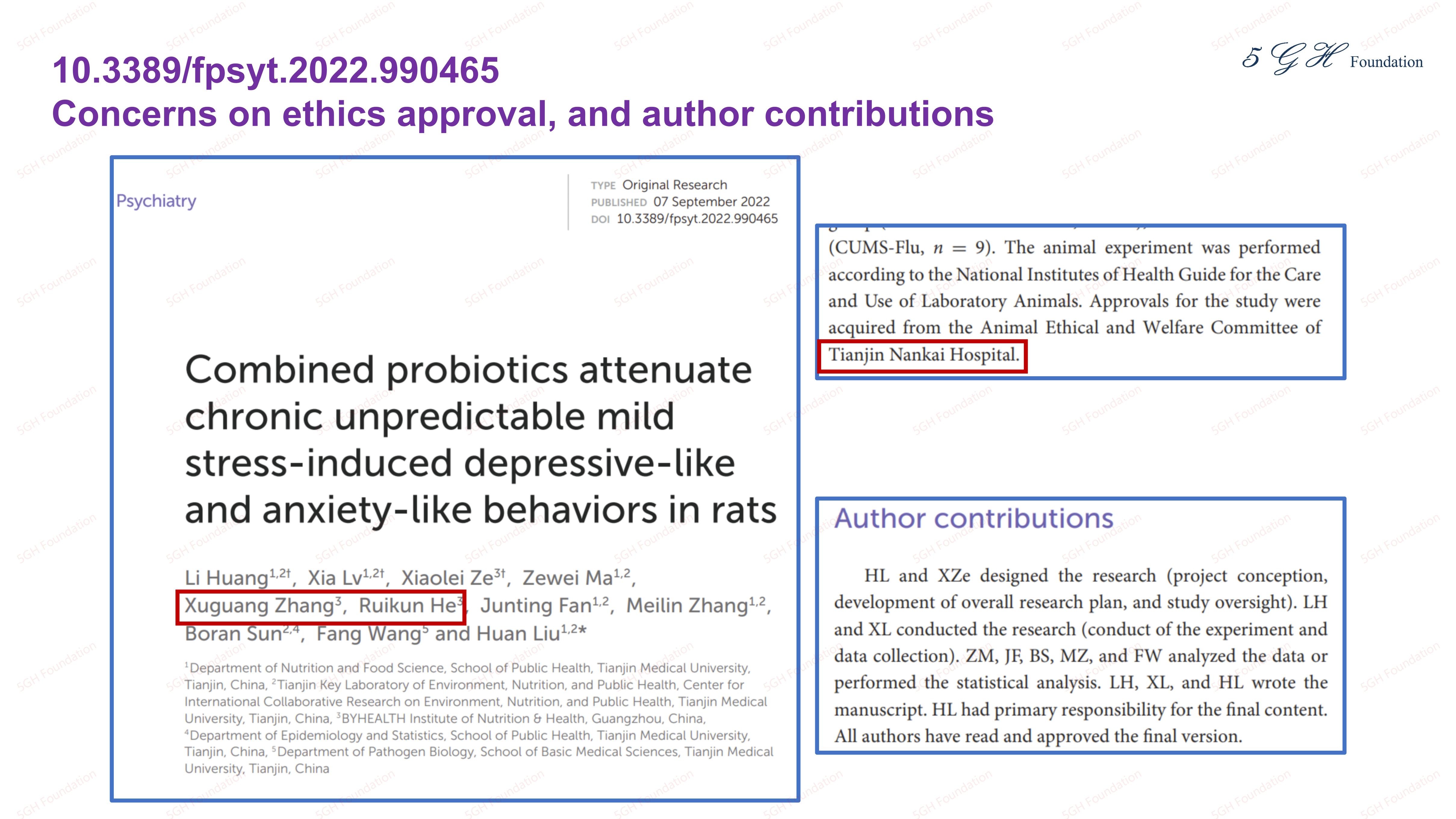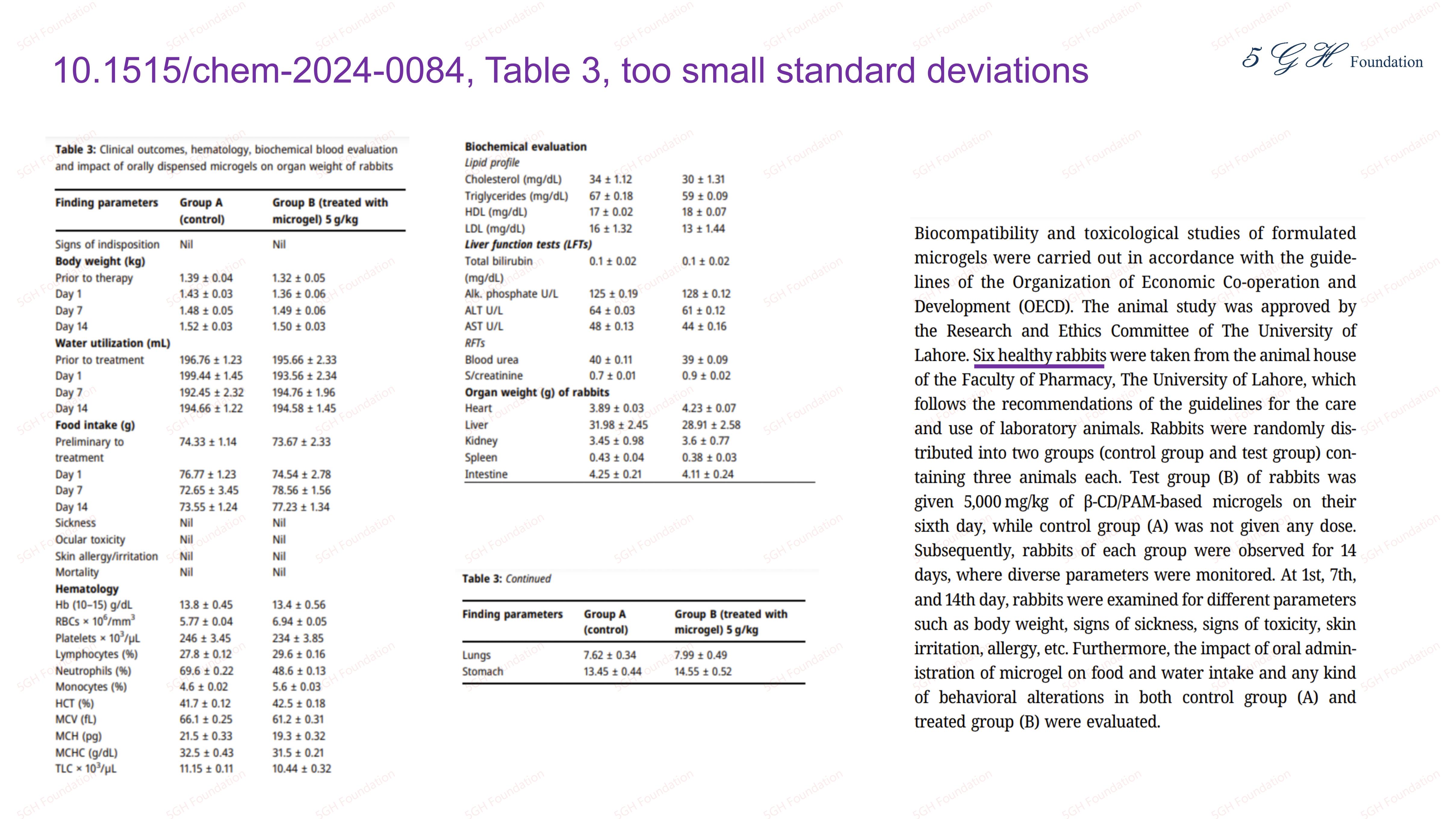Sampling Bias in Some BYHEALTH (汤臣倍健) Funded Studies
Concerns are raised regarding to sampling bias in some BYHEALTH-funded studies [1-2] and other studies [3] BYHEALTH took part in. The 5GH team, who investigated this matter, warns the scientific community and the public to pay more cautions in interpreting the outcomes of those studies.
These studies recruited participants aged over 55 years old [1] or over 45 years old [2-3] in parts of Hubei province, China. Demographic information of these participants showed a high proportion (13.6% in [1], 12.7% in [2], and 15.6% in [3]) of the them received college or higher education. Meanwhile, over 75% of the participants received secondary school education, and less than 10% received primary and below education.
These results are contrary to those from other nationwide survey [4]. The baseline survey of the China Health and Retirement Longitudinal Study (CHARLS) showed that only 12.9% of the Chinese residents aged over 45 received high school (upper secondary school) and above, and only 21.2% received middle school (lower secondary school) education. Other rounds [5-6] of CHARLS showed similar results.
Several reasons may cause this bias. The participants in the studies [1-3] may be recruited from communities where the residents may have higher education. Or the participants gave wrong answers on the questionnaires. However, the authors of those studies [1-3] and the journals did not notice these abnormalities.
Those studies [1-3] tried to figure out factors influencing the health of the residents aged over 45 or 55, the sampling bias in them may raise questions about their outcomes. BYHEALTH is a leading dietary supplement manufacturer in China, and may benefit from those outcomes, their conflict of interest was not clearly disclosed on the articles [1-3].
Reference





